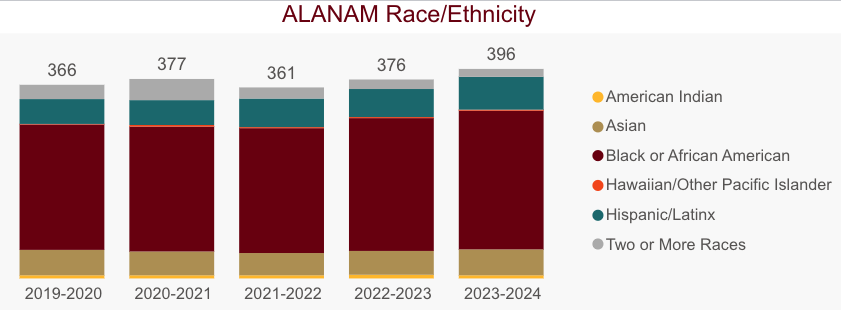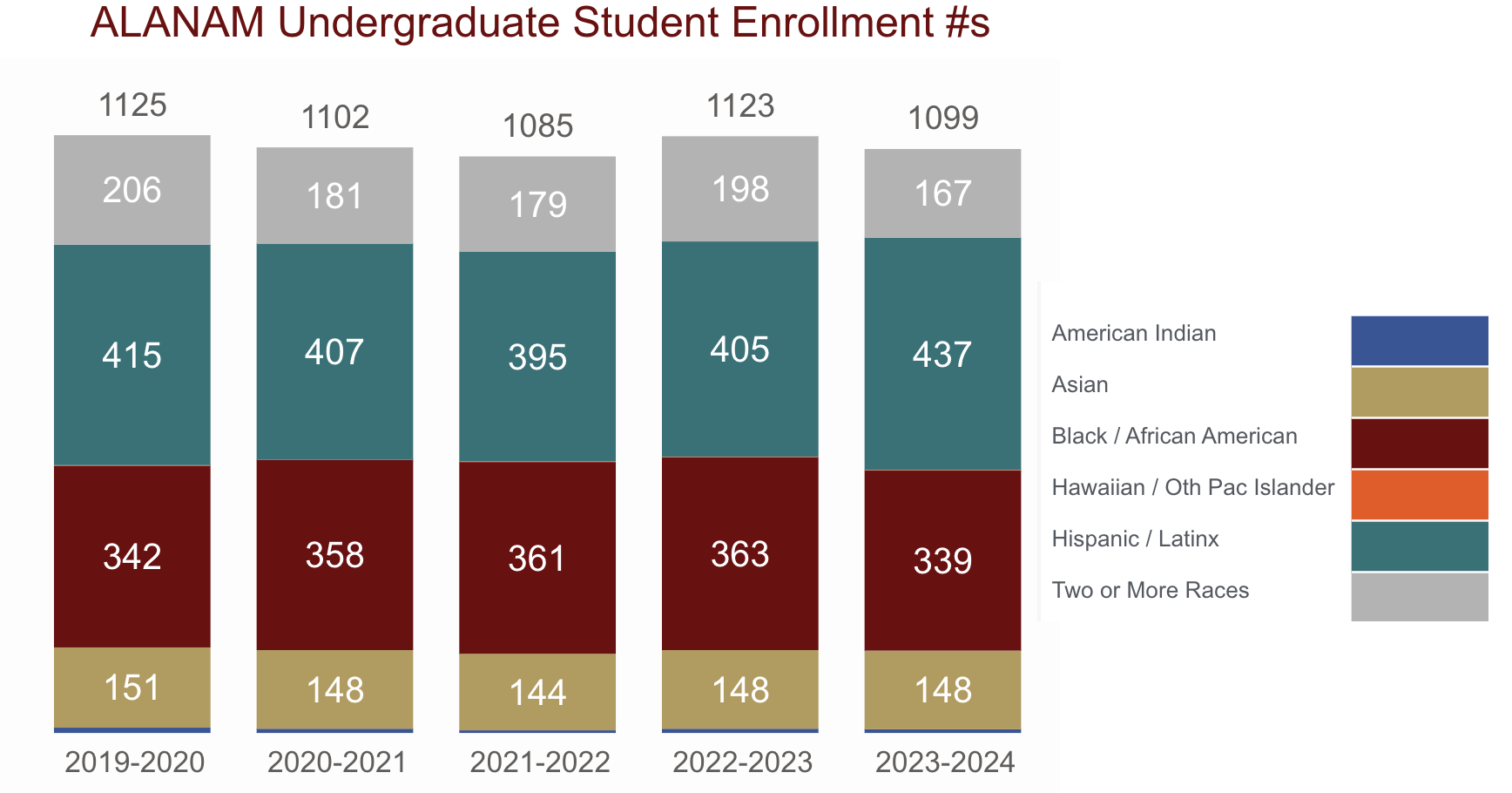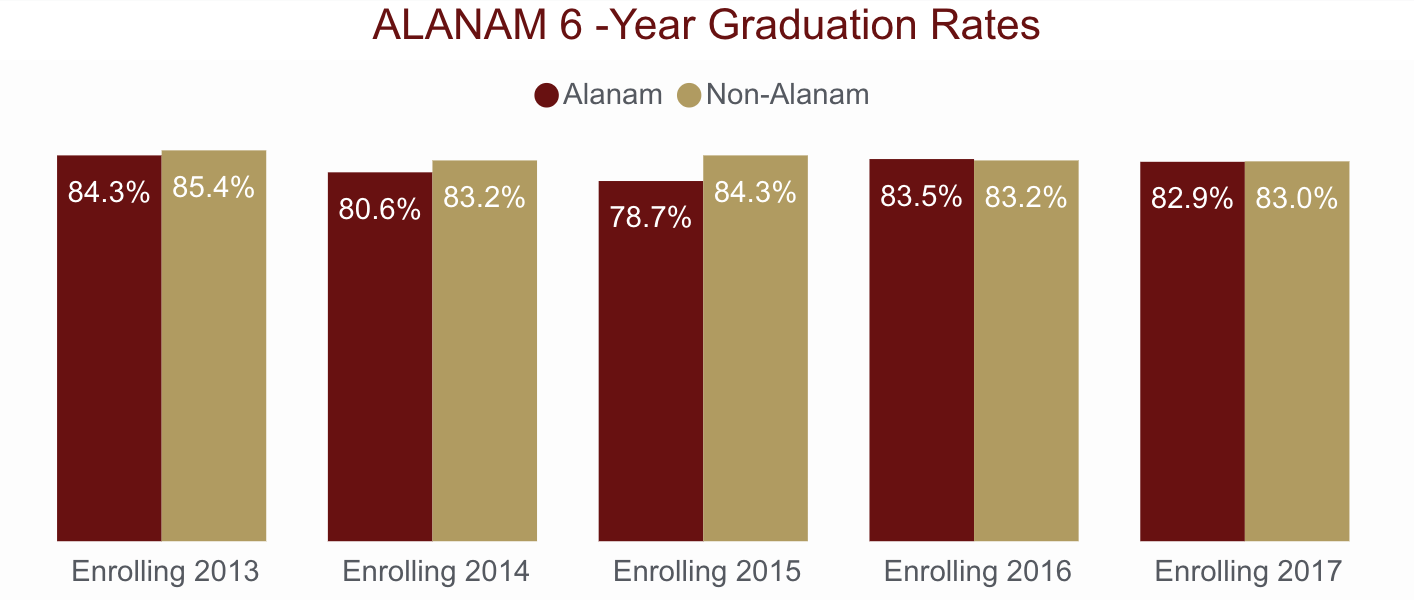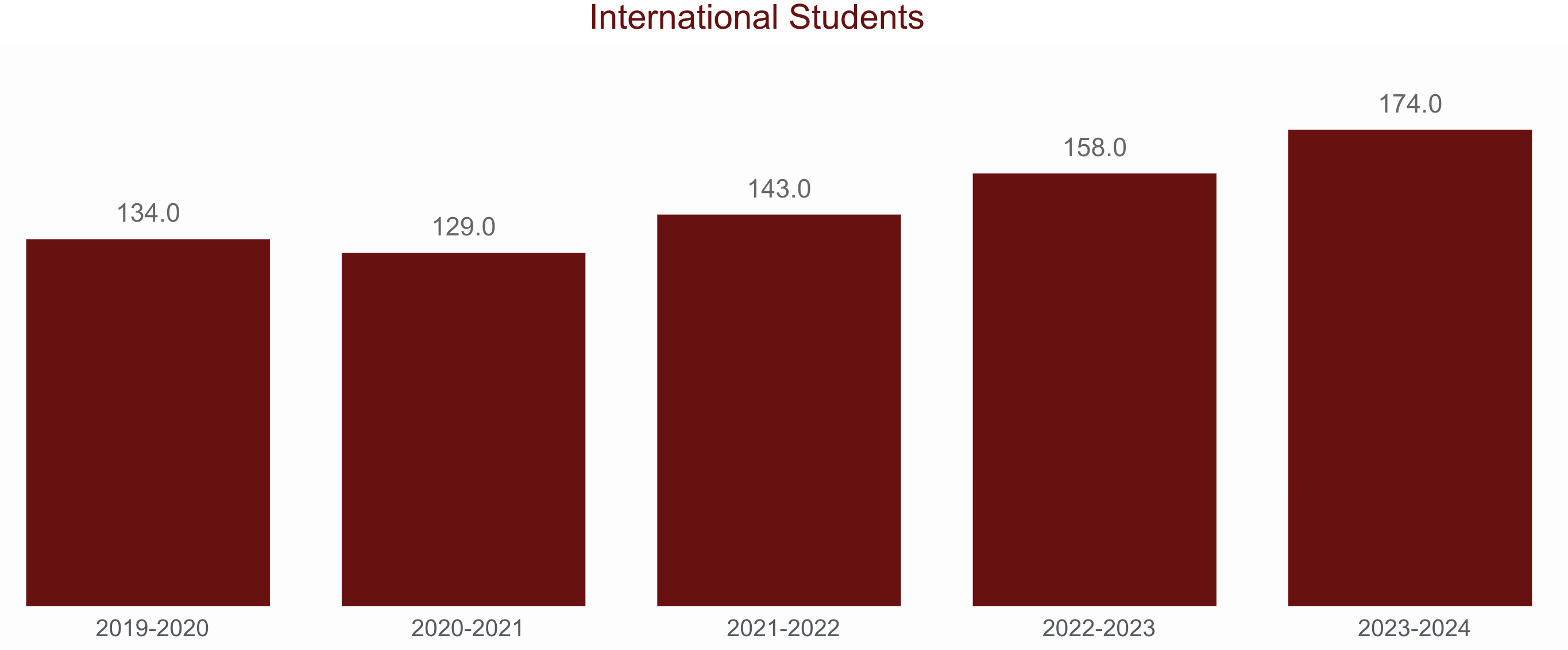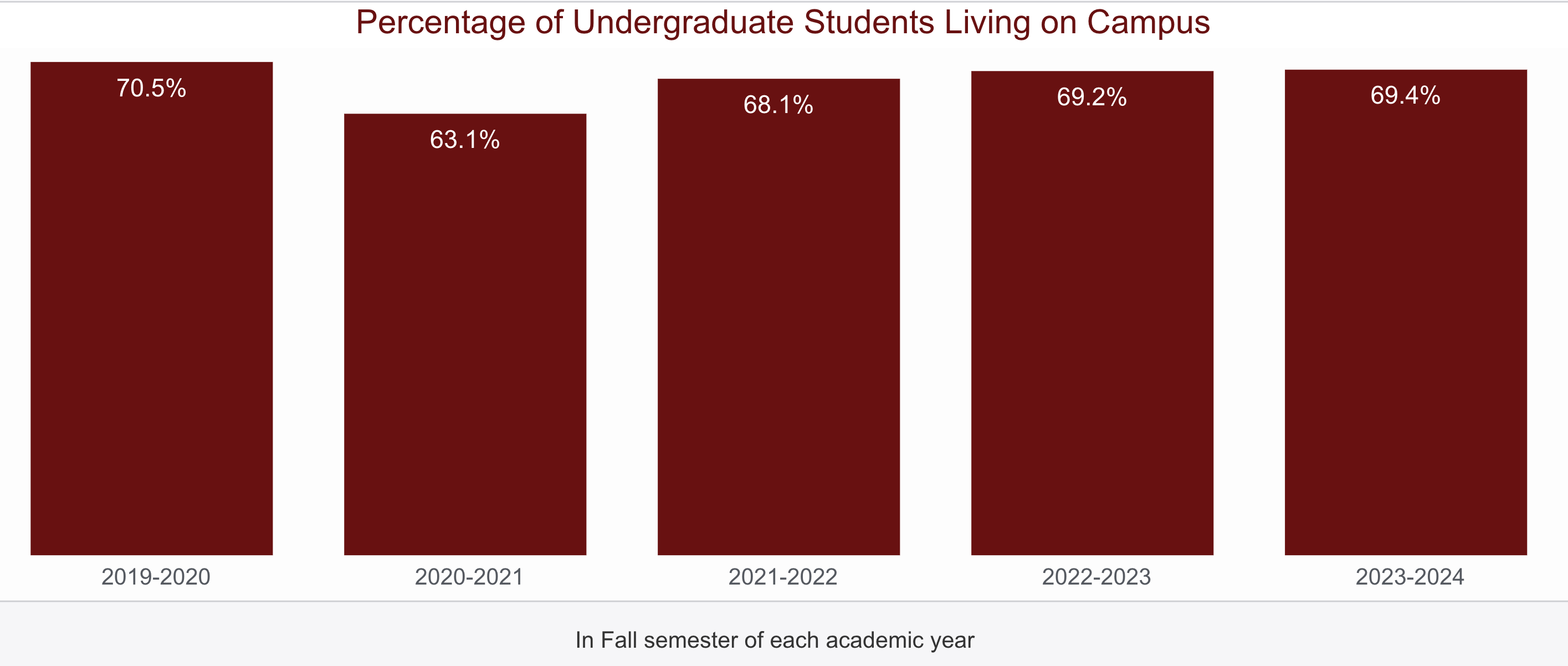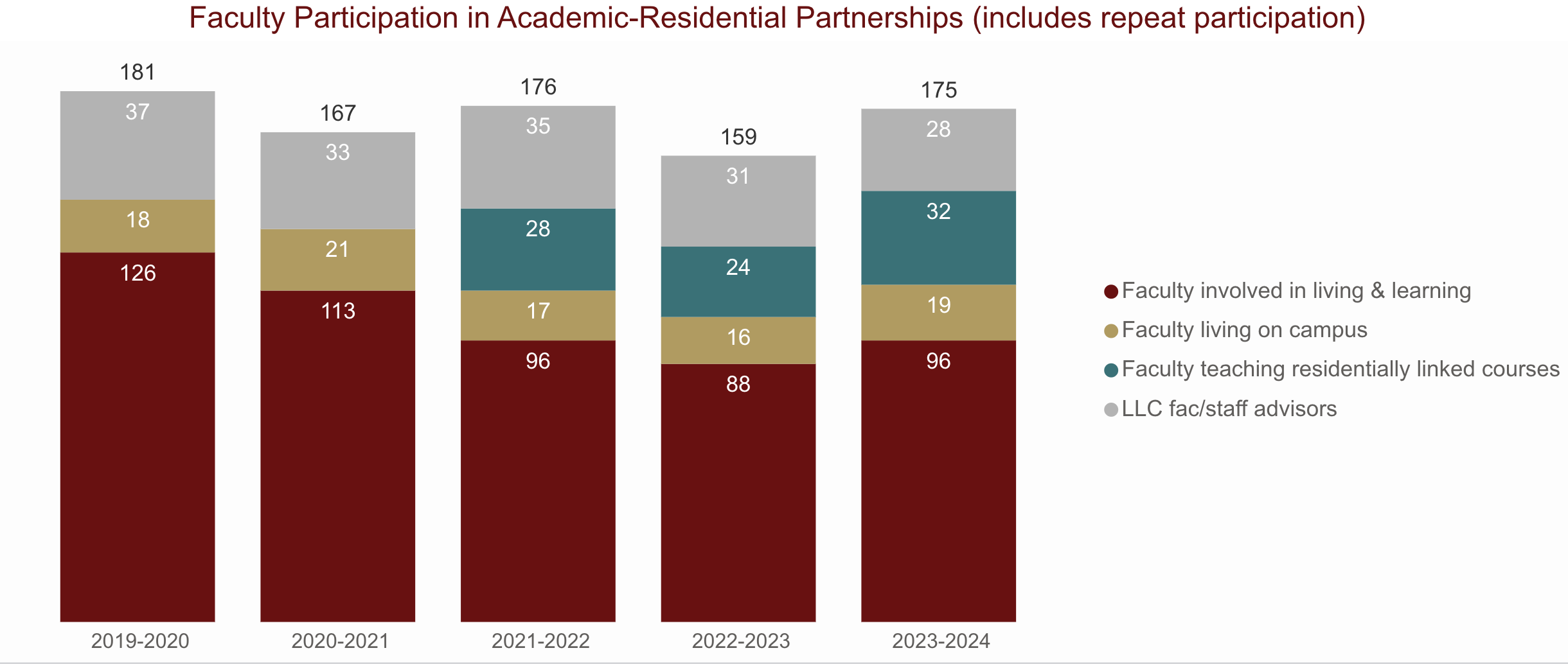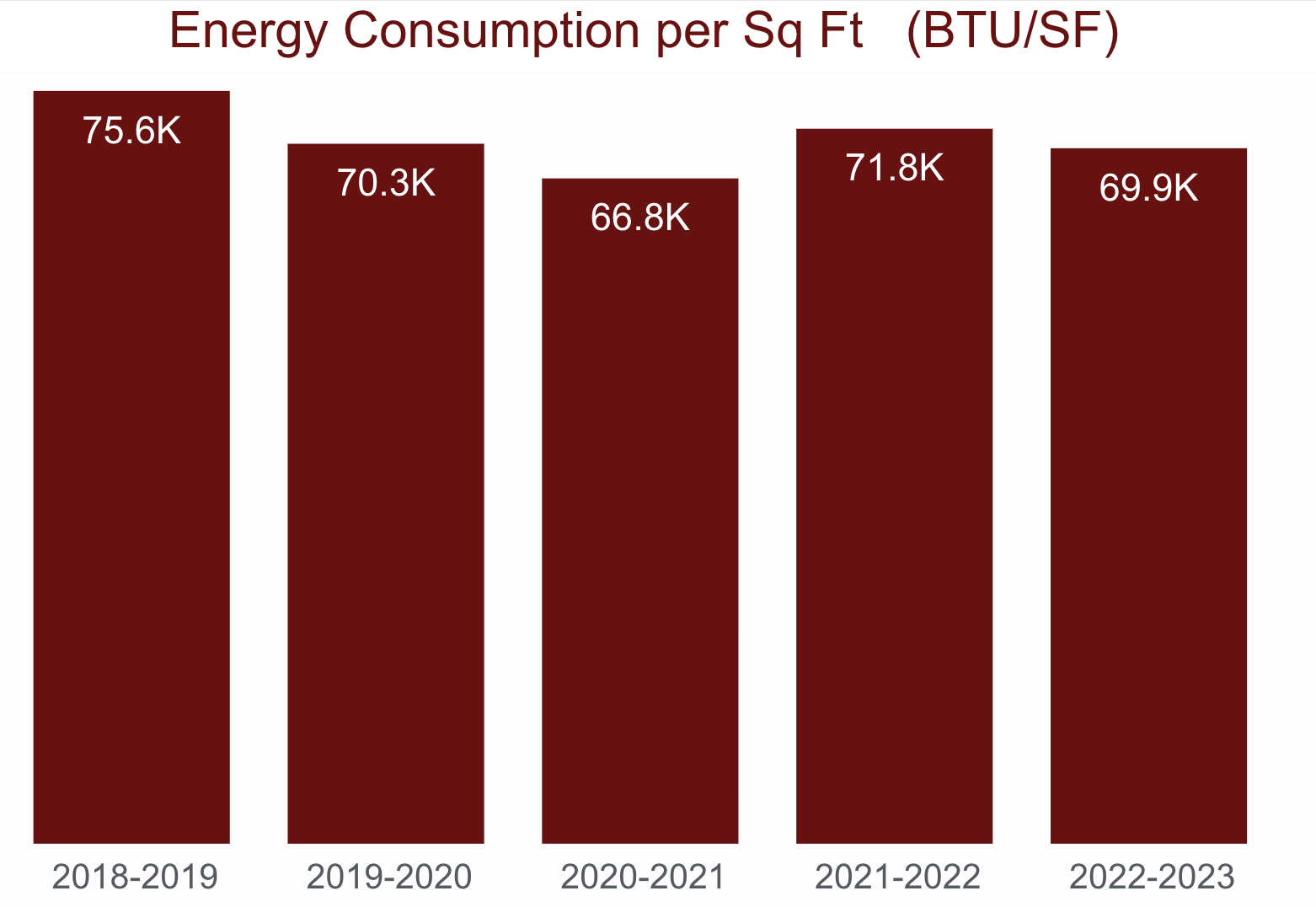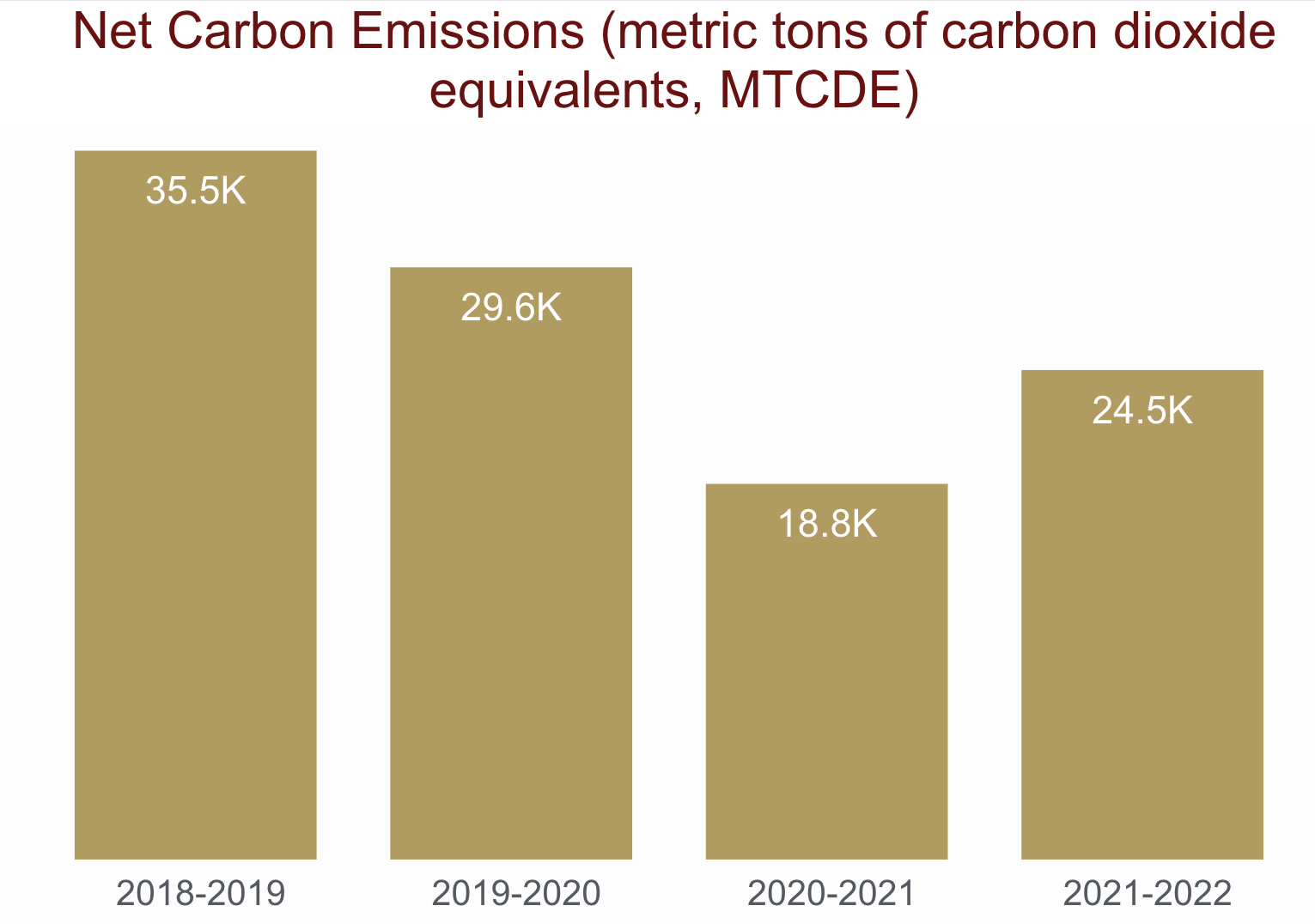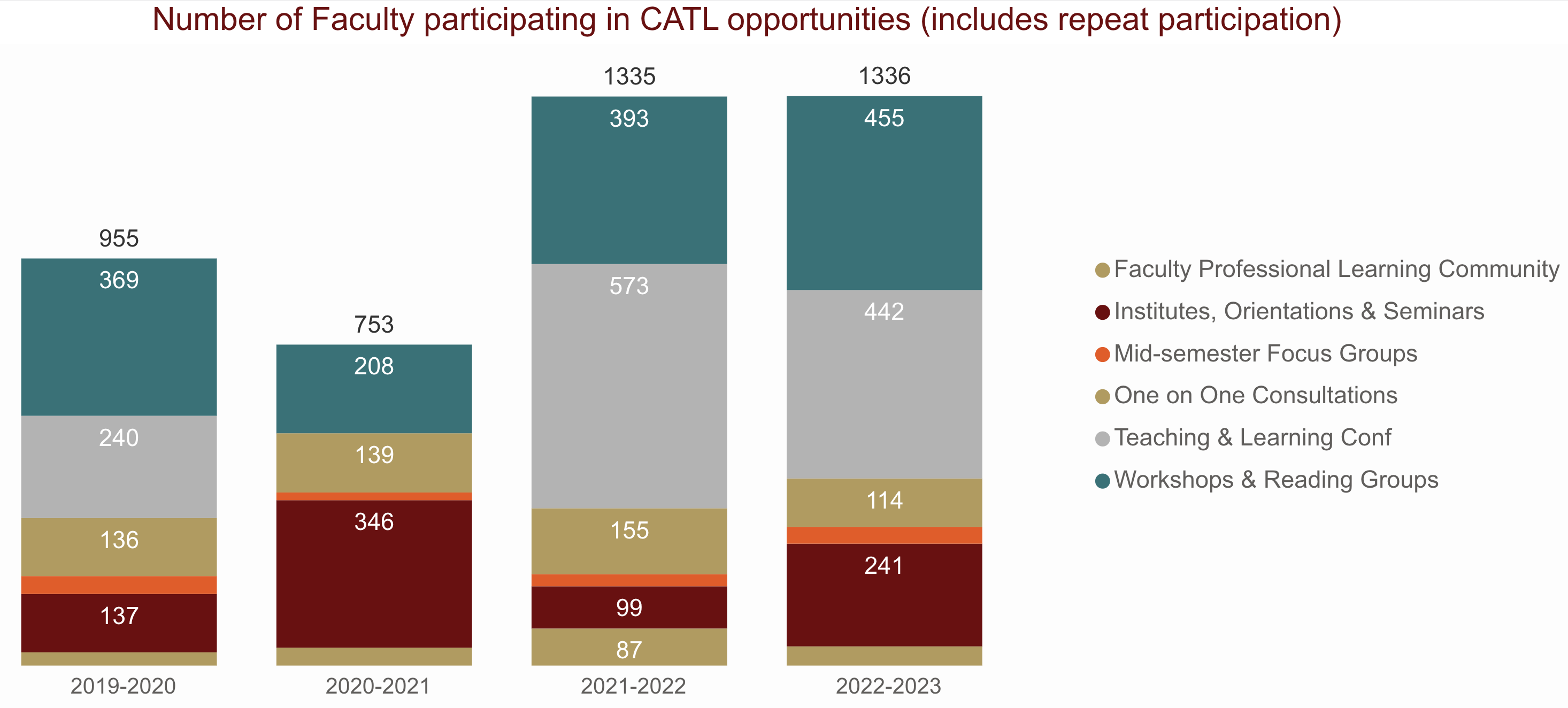A Diverse, Equitable and Inclusive Community
We have work ahead to advance the inclusion and success of people from a wider range of abilities, identities and perspectives. To foster deeper learning and better prepare students to lead in communities around the globe, we will increase representation, enhance support networks and advance all community members’ intercultural and multifaith learning.
Objectives and Progress
Last updated: March 2025
Objectives
- Strengthen support networks and increase staffing dedicated to the success of historically marginalized groups.
- Establish and achieve specific benchmarks regarding increased representation and retention of students, faculty and staff from underrepresented groups.
- Double international student enrollment.
- Create structures and learning opportunities that engage all students, faculty and staff in advancing their intercultural and multifaith learning and competencies.
- Advance inclusive classrooms and pedagogies through research and faculty development.
Key:
- Developing
- Progressing
- Complete
Progress Report
- A multifaith strategic plan has been created and initiatives are being implemented. The plan includes four goals: 1. Make Elon a more religiously diverse campus and community, 2. Make Elon a more equitable and inclusive campus and community, 3. Support opportunities for multifaith learning and engagement for all members of the Elon academic community, and 4. Articulate the value and importance of multifaith learning as well as multifaith diversity, equity, and inclusion for all constituents.
- Elon is expanding education on antisemitism, Islamophobia, and other religious discrimination while linking these issues to broader inclusive excellence initiatives. To strengthen community connections across religious ideologies, the university is installing a multifaith, non-sectarian peace garden on the Lindner Hall south lawn. In addition, the Law School has added a multifaith prayer room; the School of Health Sciences has added a meditation garden; Hillel has a new pavilion; and Catholic Life is planning for a new center. Dining services have expanded to include halal food daily and kosher options during the High Holidays, focusing on further improvement. University Communications is developing a heritage month calendar tool to raise awareness of cultural and religious events. And the Athletics Department has developed its new diversity, equity, and inclusion plan that includes a focus on the intersection of student-athletes and multifaith support.
Metrics
Chart details ALANAM undergraduate student enrollment numbers as follows:
2023-2024: 1099 total – 167 two or more races, 437 Hispanic/Latinx, 339 Black/African American, 148 Asian
2022-2023: 1123 total – 198 two or more races, 405 Hispanic/Latinx, 363 Black/African American, 148 Asian
2021-2022: 1085 total – 179 two or more races, 395 Hispanic/Latinx, 361 Black/African American, 144 Asian
2020-2021: 1102 total – 181 two or more races, 407 Hispanic/Latinx, 358 Black/African American, 148 Asian
2019-2020: 1125 total – 206 two or more races, 415 Hispanic/Latinx, 342 Black/African American, 151 Asian



